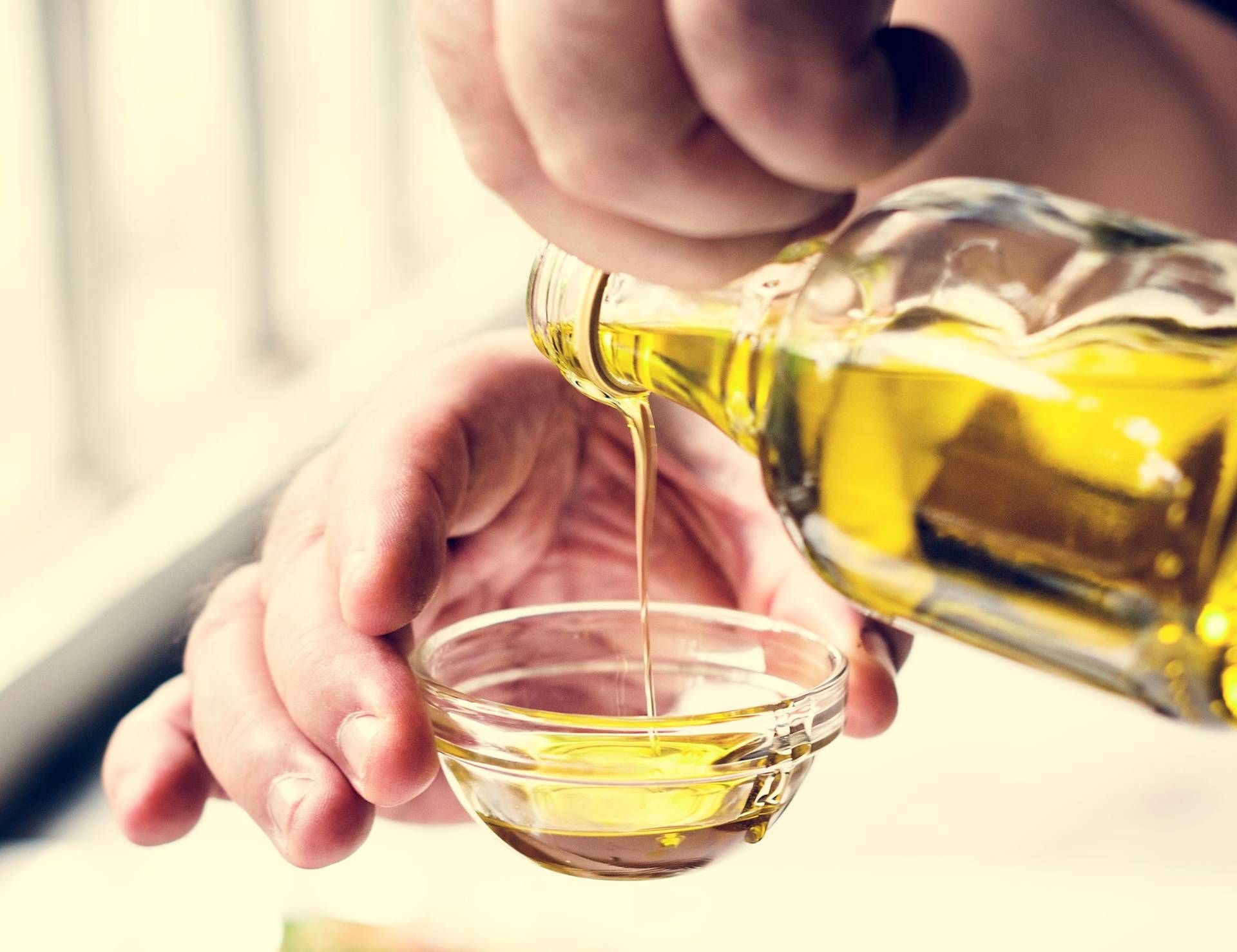Extra virgin olive oil protects the heart and brain: all its properties

Rossi (ISS): "Fresh from the mill is better. Regulated production methods allow the king of the Mediterranean diet to maintain its micronutrient content intact."
Extra virgin olive oil (EVOO) "is the king of the Mediterranean diet , the element that makes the most difference compared to Northern European diets where the traditional condiment fat is butter." And it is also a food with many health benefits , in particular, "it protects our heart and brain." Laura Rossi, director of the Food, Nutrition and Health Department of the Italian National Institute of Health (ISS), reminds Adnkronos Salute of this fact during the olive harvest season and during the olive presses at work.
Nutritionally, the researcher continues, "in addition to a fatty acid profile highly beneficial for cardiovascular protection—therefore, a high oleic acid content, which specifically protects heart and brain health—extra virgin olive oil has the characteristic of maintaining intact all the properties of the micronutrients it contains: many polyphenols , vitamin E, and various molecules with antioxidant action. This is a unique characteristic because EVOO is produced using a highly regulated method that protects its nutritional profile. We're talking about purely mechanical pressing, without the use of solvents, at a controlled temperature below 27 degrees."
The other characteristic of this food "is its low acidity, below 0.8%. All of this is regulated by law: a product cannot be called extra virgin olive oil if it doesn't have these characteristics. These are technological criteria that, I repeat, allow it to maintain its micronutrient profile, which in itself is a form of protection for human health."
Freshly pressed oil, in particular, "has specific and superior organoleptic characteristics, even though it may not be to everyone's taste. The tingling sensation we feel in our throat is linked to the greater presence of beneficial molecules, which can have a bitter or fruity flavor. These flavors typically correspond to the climatic conditions of the areas where the olives are harvested and produced, and from an organoleptic standpoint, they enhance the product," Rossi emphasizes.
In general, however, "from a strictly nutritional standpoint, there aren't huge differences in properties. An extra virgin olive oil, after bottling, has a minimum shelf life of 18 months. This period allows it to maintain its characteristics, both macronutrients and micronutrients. But it's clear that the older an oil—like all foods—the more it ages, the more it loses flavor, fragrance, and organoleptic properties. However, from a nutritional standpoint, there aren't huge differences," Rossi concludes.
Adnkronos International (AKI)





